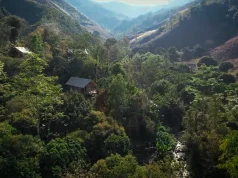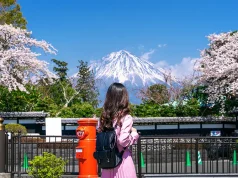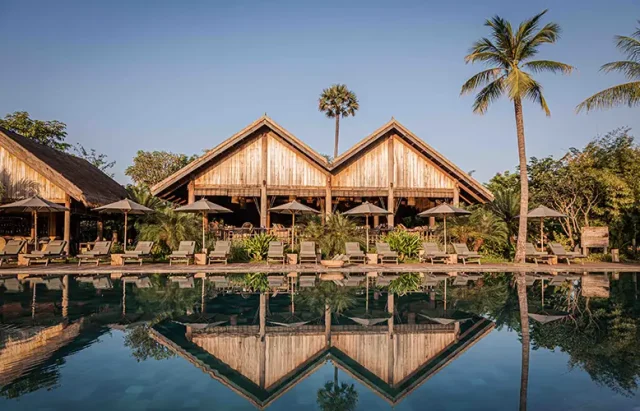
Ten years ago, nestled on the outskirts of Siem Reap, a different kind of resort quietly opened its doors. No towering lobbies. No marble fountains. Just stilted wooden villas, swaying rice paddies, and a vision: to honor the land, the culture, and the people of Cambodia. Today, Zannier Phum Baitang—which means “green village” in Khmer—marks its 10th anniversary not just as a luxury destination, but as a living tribute to mindful hospitality.
The brainchild of French hotelier Arnaud Zannier, Phum Baitang was never meant to be just another high-end resort. It was designed as an immersion—into Cambodia’s rhythms, textures, and traditions. “I wanted to capture the emotion I felt the first time I came here,” Zannier recalls. “The quiet beauty. The warmth. The sense that life can be rich without being complicated.”
From the start, Phum Baitang stood apart. Its 45 villas, inspired by traditional Khmer architecture, were built with reclaimed wood and topped with thatched roofs. Bamboo screens filter golden light. Gardens spill into rice fields. Guests walk barefoot paths that connect them not only to nature, but to something slower, older, and more human. The aesthetic is minimal, but nothing about the experience is lacking.
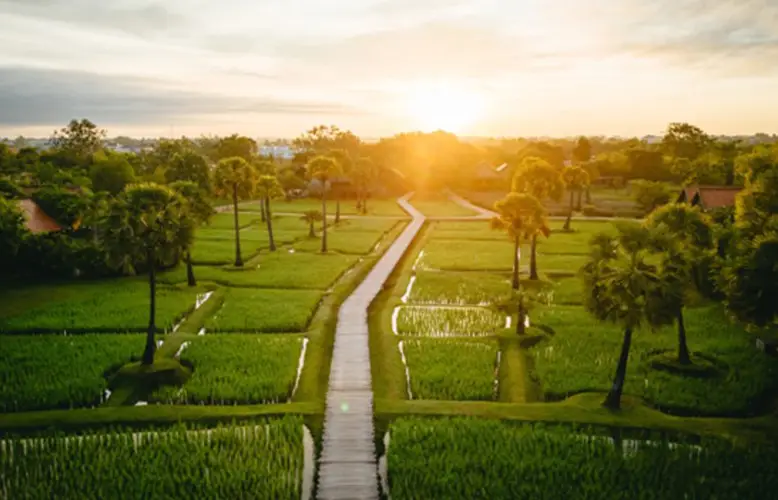
Over the past decade, the resort has become a benchmark of eco-luxury in Southeast Asia. Accolades like the ASEAN Green Hotel Award and Green Globe certification are more than symbolic—they reflect a philosophy baked into every aspect of the property. Organic waste is composted on-site (over 20 kg daily), water is treated and reused, and ingredients are harvested from its own gardens. Menus at Bay Phsar and Hang Bay highlight seasonal, local flavors, with chefs often leading guests through nearby markets or into the kitchen for traditional cooking classes.
But sustainability here isn’t just about the environment. It’s also about people. Nearly a third of Phum Baitang’s staff have been with the resort since the beginning—a testament to its commitment to meaningful, long-term employment in the community. General Manager Giulio d’Alberto, who’s led the resort for seven years, puts it simply: “We don’t just run a hotel. We build relationships. And that’s what our guests feel the moment they arrive.”
It’s that rare blend—luxury with soul—that keeps visitors returning, often year after year. Some come for the stillness, some for the culture, and some for the feeling that, even thousands of miles from home, they’ve found one.
This fall, Phum Baitang enters its second decade with the same quiet ambition that launched it. A new yoga pavilion will open amid the rice fields, offering guests deeper space to breathe, reflect, and reset. But the spirit of the place remains unchanged. It’s still rooted in the land. Still guided by heritage. Still deeply personal.
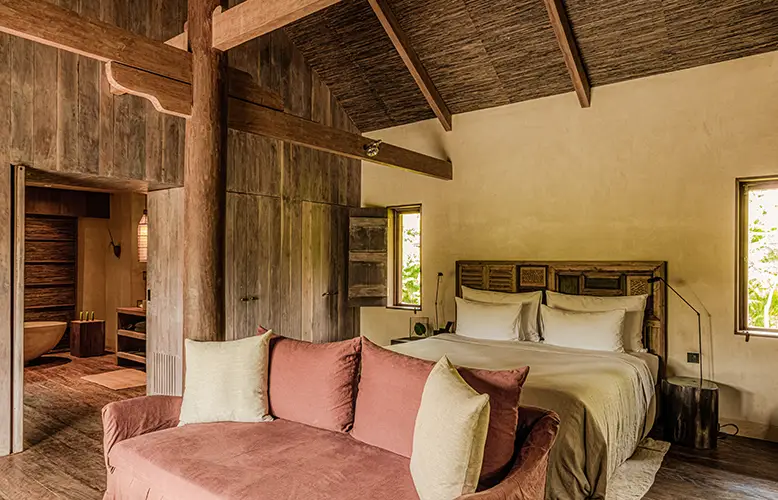
As one guest recently wrote in the visitor log: “You don’t just stay at Phum Baitang. You carry it with you.”
Ten years on, Zannier Phum Baitang continues to redefine what travel can be: less about escape, more about connection. A place not just to visit—but to remember, return to, and feel a little more whole for having known.


